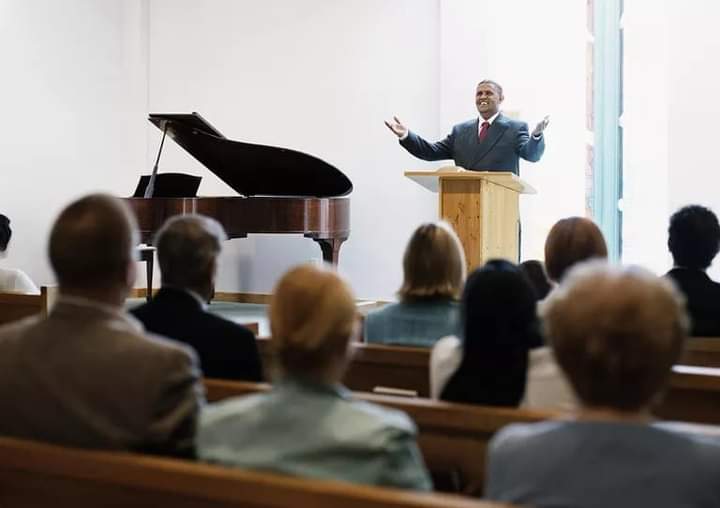THE LORD'S DAY: Why Christians Worship On Sunday

Did you know that Sunday (The Lord's Day) in Christianity is the principal day of communal worship observed by most Christians as the weekly memorial of the resurrection of Jesus Christ, and that Sunday is regarded as the first day of the week in Christian calendars?
According to some sources, Christians held corporate worship on Sunday in the 1st century. An early example of Christians meeting together on a Sunday for the purpose of "breaking bread" and preaching is cited in the New Testament book of Acts (Acts 20:7). 2nd-century writers such as Justin Martyr attest to the widespread practice of Sunday worship (First Apology, chapter 67), and by 361 AD it had become a mandated weekly occurrence.
Before the Early Middle Ages, the Lord's Day became associated with Sabbatarian (rest) practices legislated by Church Councils. Christian denominations such as the Reformed Churches, Methodist Churches, and Baptist Churches regard Sunday as Christian Sabbath, a practice known as first-day Sabbatarianism.
First-day Sabbatarian (Sunday Sabbatarian) practices include attending morning and evening church services on Sundays, receiving catechesis in Sunday School on the Lord's Day, taking the Lord's Day off from servile labour, not eating at restaurants on Sundays, not Sunday shopping, not using public transportation on the Lord's Day, not participating in sporting events that are held on Sundays, as well as not viewing television and the internet on Sundays;
Christians who are Sunday Sabbatarians often engage in works of mercy on the Lord's Day, such as evangelism, as well as visiting prisoners at jails and the sick at hospitals and nursing homes. In Christian calendars, Sunday is regarded as the first day of the week.
In the first centuries, Sunday, being made a festival in honor of Christ's resurrection, received attention as a day of religious services. Over time, Sunday thus came to be known as Lord's Day (some patristic writings termed it as "the eighth day"). These early Christians believed that the resurrection and ascension of Christ signals the renewal of creation, making the day on which God accomplished it a day analogous to the first day of creation when God made the light. Some of these writers referred to Sunday as the "eighth day".
The 1st-century or 2nd-century Epistle of Barnabas or Pseudo-Barnabas on Is. 1:13 stated "Sabbaths of the present age" were abolished in favor of one millennial seventh-day Sabbath that ushers in the "eighth day" and commencement of a new world. Accordingly, the eighth-day assembly (Saturday night or Sunday morning) marks both the resurrection and the new creation. Thus first-day observance was a common regional practice at that time.
By the mid-2nd century, Justin Martyr wrote in his apologies about the cessation of Sabbath observance and the celebration of the first (or eighth) day of the week (not as a day of rest, but as a day for gathering to worship).
Tertullian (early 3rd century), writing against Christians who participated in pagan festivals (Saturnalia and New-year), defended the Christian festivity of Lord's Day amidst the accusation of sun-worship, acknowledging that “to [us] Sabbaths are strange” and unobserved. Cyprian, a 3rd-century church father, linked the "eighth day" with the term "Lord's Day" in a letter concerning baptism.
Though Christians widely observed Sunday as a day of worship by the 2nd century, the origin of Sunday worship remains a debated point.
On 3 March 321, Constantine I decreed that Sunday (dies Solis) will be observed as the Roman day of rest [CJ3.12.2]: In this, Constantine's decree gave civil sanction to the common practice of the Christian Church and was designed to promote Christianity throughout his empire
Sources: Wikipedia | Image: Learn Religions
#penglobalfactfile #christian


_1755775186.jpg)
